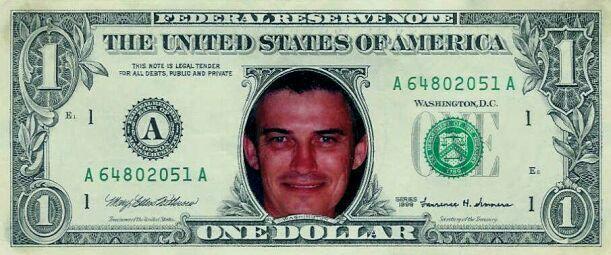
"One Dollar"

| 1) |
Last will and testament:
I noticed my last will and testament adequately reflects how I intend my assets to be distributed. During my research, however, I discovered a last will and testament covers distribution of property and possessions, but even if it explicitly mentions the distribution of monies and financial instruments to my beneficiaries, the financial organizations concerned may not honor it unless the same intentions for my beneficiaries are hard-wired into their paperwork as well. Yes it does seem like requiring the same work to be done twice. Yet that's the way it is; that's what's required. |
| 2) |
Durable power of attorney:
The purpose of the durable power of attorney document is to designate a person or people who will manage my legal and financial affairs, should I become unable to do so. And again, I discovered when financial organizations are dealing with someone else making legal and financial decisions on my behalf, they may not honor my durable power of attorney declaration unless the same intentions are hard-wired into their paperwork as well. Yes it also seems like requiring the same work to be done twice. Yet that's the way it is; that's what's required. |
| 3) |
Durable power of attorney for
health
care:
The purpose of the durable power of attorney for health care document is to designate a person or people who will manage my health care and medical affairs, and in particular my health care decisions, should I become unable to to so. As far as I could tell, this document is adequate the way it is. However it wouldn't surprise me if in spite of carefully and explicitly written durable power of attorney for health care declarations, there could still be contests of wills with doctors and / or hospitals in this regard. That's a bridge which will have to be crossed later if necessary (hopefully it won't be necessary at all). There doesn't seem to be any more preparation that can be made for this eventuality, more than that which I've already made, so this is complete for me. |
| Communication Promise | E-Mail | Home |
| © Laurence Platt - 2016 through 2025 | Permission |